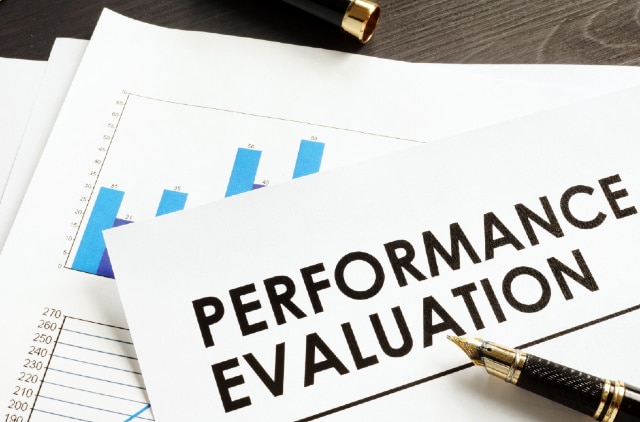Staff and management both benefit from a performance evaluation. Employees are able to improve the way they do their work and are complimented for their contributions. Along with that, management gets to be more involved with monitoring and helping their workers progress.
However, there are some cases when a performance evaluation can come off as a little useless. This is always a bad sign and should probably require some thought behind the type of performance evaluation you did. Perhaps your team would benefit more from a conversation-based evaluation rather than numerical ratings.
With either kind, though, there are definitely some qualities you want to steer clear of or remove in your business’ performance evaluations.
– One-Sidedness
Performance evaluations should be a space for both the manager and an employee to discuss progress. Having a manager speak or deliberate without any employee input can make them feel like what they have to say isn’t valued by the business. People in a higher position should treat any worker as an equal and allow them to express their thoughts and perspective.
– Lack of Timeliness
If you create a schedule, you should always stick to it. Managers shouldn’t want their current information and observations about an employee to become old and irrelevant before sharing them. It’s also just a primary display of manners to value your employees’ time and the appointment you made.
– Lack of Observation
Performance evaluations are reports about how an employee is doing. If a manager cannot observe an employee, there’s no basis that can really be evaluated or discussed in a meeting. It can be frustrating on the employee’s part to know that their hard work wasn’t recognized at all.
– Rushed Evaluation
The reason there are intervals in between performance evaluations is to monitor progress within a specified period. This provides employees more time to showcase their skills for a length of time, and the manager can observe further within that period. An evaluation shouldn’t be rushed for the sake of rating someone’s performance.
– Assumptions
Negative statements and assumptions aren’t very professional to include in a performance evaluation. A manager should always strive to be objective when assessing someone else’s performance. When you assume the worst about an employee’s work habits and why they’re like that, it can be presumptuous, come across as rude, and may verge on discrimination.
– Over Leniency
On the other side of the spectrum, there’s a performance evaluation that’s just full of positive feedback. This isn’t optimal either as it’s unbalanced; a good performance evaluation should highlight where an employee has done well and their areas of improvement. This means you still need to have some form of constructive criticism.
– Absence of Suggestions
At the very bottom of the performance evaluation, there’s often a space for an action plan. A manager and employee should be able to discuss how a worker can correct any faults or work on other skills and how they can further improve carrying out their tasks. Give recommendations to counter all the opportunities you’ve brought up and set SMART goals so that the new objectives are measurable and timebound.
Conclusion
Issues should be appropriately addressed as great work attitudes and performance should be complimented. A formal performance evaluation can help strengthen the relationships within small- and medium-sized businesses and allow others to advance.
Need custom human resource solutions? Involvi is an HR consulting company in Edmonton that helps businesses with their human capital. Get in touch with us today!


